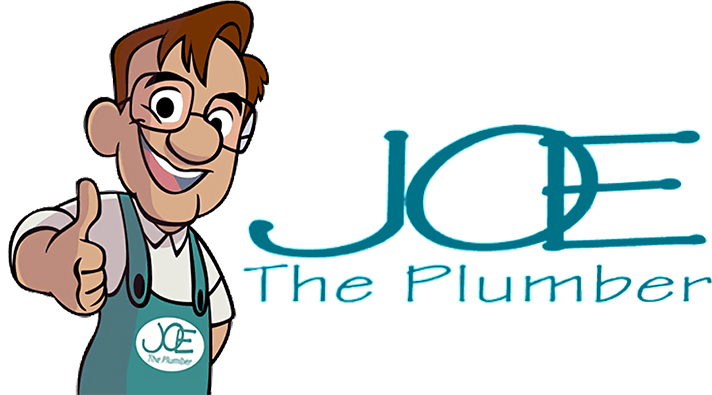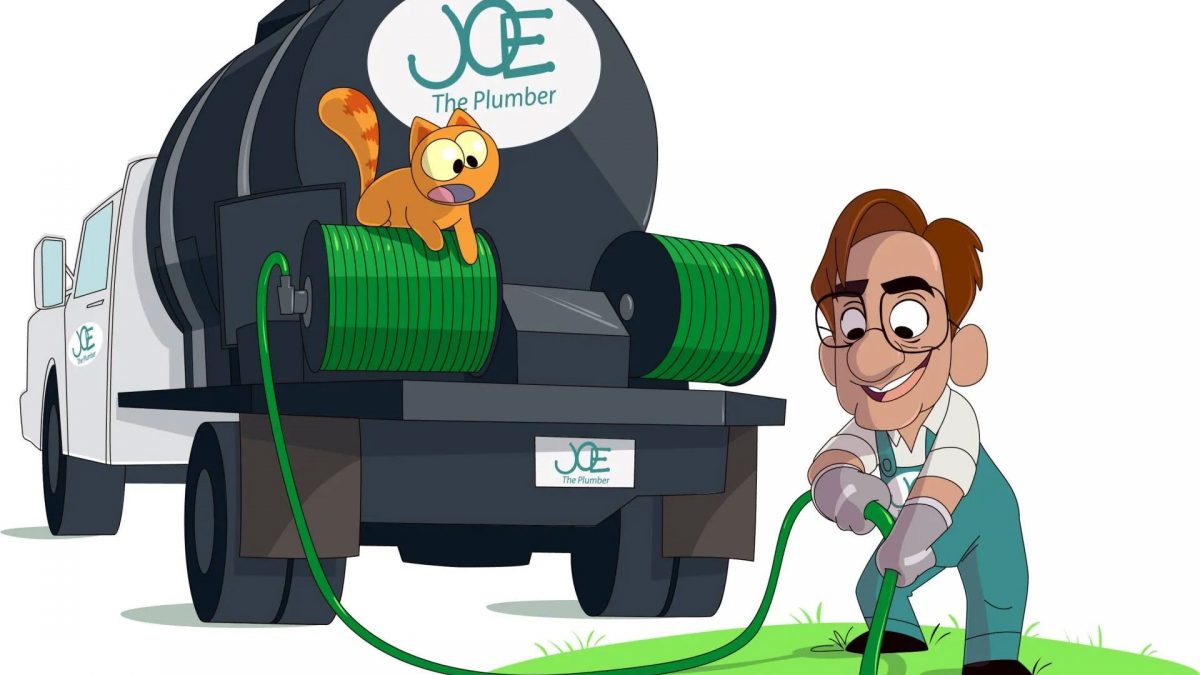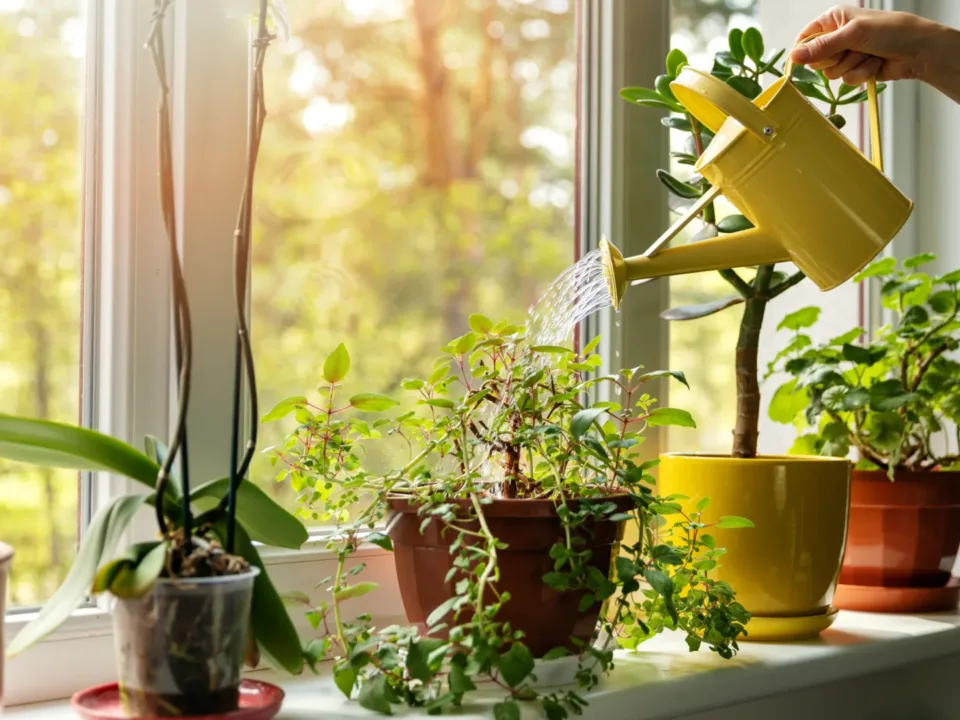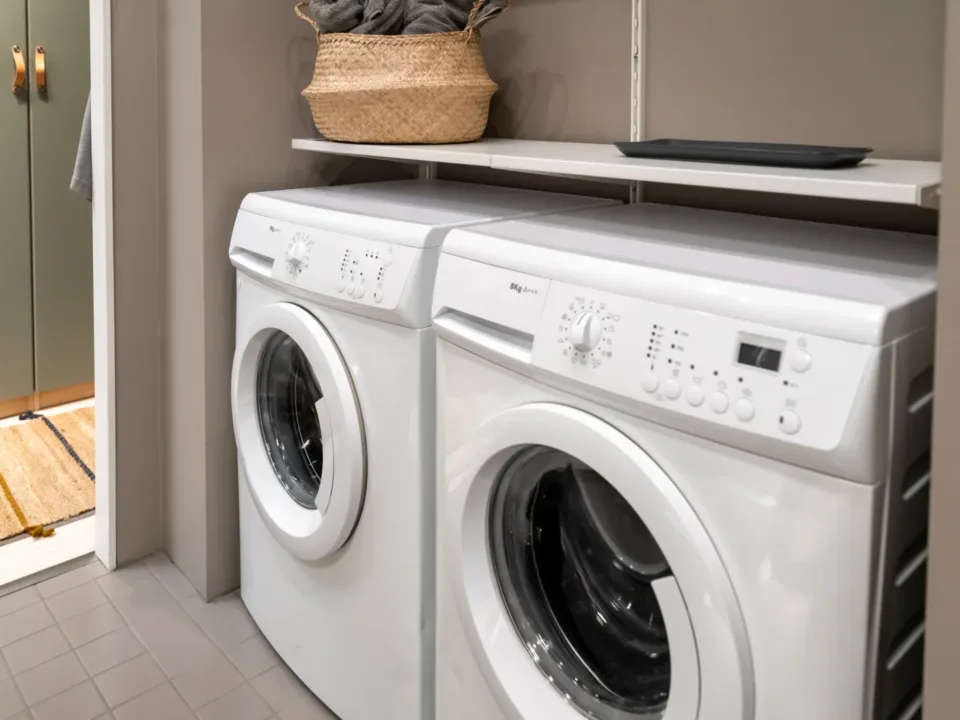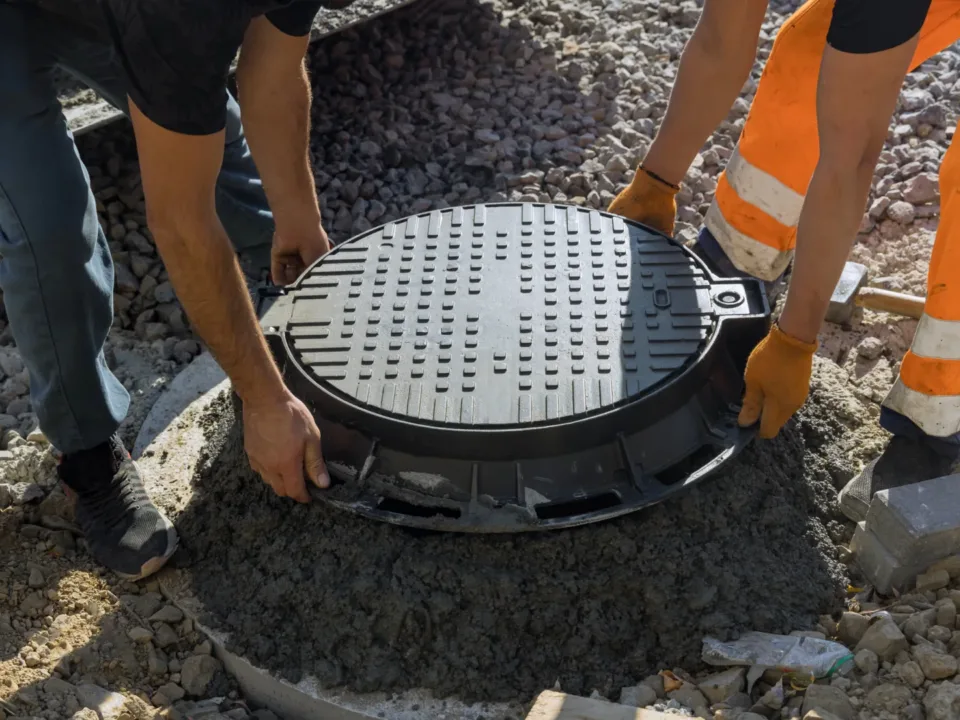Common Plumbing FAQs
Common Plumbing Frequently Asked Questions
When it comes to plumbing, it’s easy to feel confused. Plumbing is an intricate system that requires patience, knowledge, and plenty of tools, which can be daunting for a new homeowner. To better prepare your home and to help your plumbing system out in the future, it’s good to have a general understanding of plumbing and its frequently asked questions. Here are the most common questions about plumbing that you should know. Follow along with Joe the Plumber.
What is Plumbing, Exactly?
To be put simply, plumbing is a system of pipes, faucets, and other fittings that moves and uses fluid. The plumbing that exists in homes and businesses acts as a roadway for water to come in and out of faucets, hoses, and toilets. This is called a plumbing system.
What Makes Up a Plumbing System?
Plumbing systems are composed of three parts that include a potable water system, a drainage system, and plumbing fixtures. A potable water system (potable meaning ‘safe to drink’) is a supply line that brings in water from a source, such as lakes, rivers, and streams. Your plumbing’s drainage system does exactly as it sounds—it sends away wastewater, so it isn’t reused again. Lastly, plumbing fixtures are pipes, faucets, water heaters—anything that physically makes up your plumbing system.
Are Water Heaters Necessary and What Kind Are There?
Pipes are an important part of your home, but the water heater is equally as important. Your water that comes from the water system is always cold and unheated. Having a water heater ensures that you and your home or property always have access to hot water, either for cooking, bathing, or laundry. There are numerous types of water heaters, but the two main ones that are used are conventional storage tanks and tankless (or on-demand) water heaters.
How Do I Know Which Water Heater is Right for Me?
Both types of water heaters have their pros and cons. Conventional storage tanks hold gallons and gallons of water and cost the least to maintain yearly. They are also easy to install, as well as long-lasting. Tankless water heaters also have their benefits, such as being energy efficient and even longer lives than conventional storage tanks.
Since there is no tank, tankless water heaters also save room in your basement or laundry room as there is no need for a bulky tank. Both have their cons, however—conventional storage tanks require maintenance and take a while to refill with hot water; tankless water heaters cost more to install and can fall behind on-demand depending on the size of your household. No matter which water heater you choose, it’s important to conduct quarterly or yearly maintenance to ensure your water heater lives out its full life.
What if My Water Heater is Making Noises?
If your water heater is making weird sounds, it’s best to be proactive straight away. Water heaters are not supposed to be noisy, and excessive sound can be a sign of impending failure. The sound could be the breaker about to blow or the accumulation of sediment inside of the water heater. These devices are tricky to fix, and if you suspect something’s wrong, it’s better to call a professional plumber that knows what they’re doing, like Joe The Plumber.
What Can I Do To Avoid Leaks?
Leaky plumbing is always a hassle to deal with, but there is preventive work you can do to stop leaks before they happen. One helpful tip is to keep an eye on your water pressure gauge, which is usually located outside. High water pressure can be a sign that your pipes are leaking or are about to begin leaking. Another tip is to ensure the water flowing through your plumbing system is soft. This can prevent corrosion and buildup in your pipes and faucets, which can lead to leaking. Lastly, be sure to keep pipes warm and not frozen. Frozen pipes can be devastating to your home and your plumbing system.
Why Are Frozen Pipes Bad and How Can I Keep Them Warm?
Frozen pipes are a nightmare for any homeowner or property manager. This is because water expands once it freezes, which is a bad situation for plumbing pipes. Pipes that get frozen cause water to expand, causing the pipe to crack or break. The best way to stop pipes from freezing is having preventative care before the freeze happens. Insulate pipes using pipe insulation or using newspaper and duct tape. Keep your home or property warm by keeping the thermostat consistent and let faucets drip.
My Water Pressure is Low. What Can I Do?
Low water pressure can be a sign of future plumbing problems. The most common causes for low water pressure are clogged or broken pipes. Clogged pipes can occur from years of sediment buildup, blockage, or erosion of old pipes. Remember that clogged pipes aren’t exactly easy to pinpoint as these clogs can occur in pipes that are not easily accessible. If you fear that your water pressure is too low, it may be best to call a professional.
Is It Safe to Use Chemical Drain Cleaners?
This is a tricky question to answer because not every chemical drain cleaner and pipe is made the same. In theory, if used every once and a while, chemical drain cleaners aren’t terrible. However, if you find that your pipes are almost always clogged after using a chemical drainer, it may be best to call a plumber to find another solution. Repeated use of chemical drain cleaners can erode your pipes from the inside, which can cause more plumbing issues down the road.
Calling an Professional Plumber
Plumbing is both essential and incredibly confusing. It requires upkeep and expert knowledge as plumbing systems are sensitive. If you feel that you’re having more plumbing questions than answers, or if you’re confused on where to even start, it’s a good idea to call a licensed professional like Joe The Plumber who knows what they’re doing. With over two decades of experience serving the Houston area and free estimates, there isn’t any plumbing problem that Joe The Plumber can’t solve. To see our outstanding customer service and quality of work yourself, or if you have any questions, contact us.




